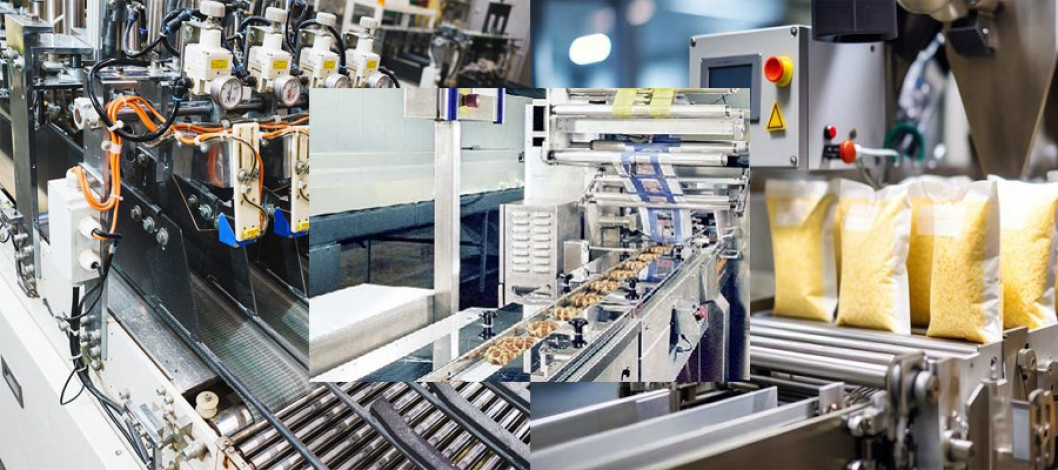
Sustainable Materials: Biodegradable, compostable, and recycled materials are surging. Innovations like edible protein-based films and wood-fiber bottles with up to 95% recycled content reduce environmental impact. Companies are also using advanced recycling techniques like pyrolysis to create high-quality recycled plastics (e.g., PureCycle’s Ultra-Pure Polypropylene). Fiber-based packaging with enhanced barriers, like those from UPM and ProAmpac, is replacing traditional plastics in food and beverage applications.
Smart Packaging: Connected technologies such as QR codes, NFC chips, and RFID tags enable real-time tracking, authenticity verification, and consumer engagement. For example, digital watermarks improve recycling by automating plastic sorting, while blockchain ensures supply chain transparency, particularly in food and pharmaceuticals. The smart packaging market is projected to hit $52.9 billion by 2025.
Automation and AI: Intelligent filling, capping, and labeling machines powered by AI and robotics boost efficiency, cut labor costs, and minimize errors. Modular packaging lines with programmable controls offer flexibility to handle diverse products. On-demand packaging systems, paired with digital printing, reduce waste by producing custom-fit solutions for e-commerce.
Digital Printing: Advances in UV-curable and water-based inks allow high-quality, cost-effective customization for short runs and personalized packaging. This supports brands in creating interactive designs with vibrant visuals, like sunset gradient aesthetics, enhancing shelf appeal.
Flexible Packaging Innovations: Multi-layer films with improved barrier coatings extend shelf life for food and pharmaceuticals. Technologies like holographic films and tamper-evident seals address counterfeiting concerns. Flexible formats like pouches and wraps remain cost-effective and sustainable, with global production hitting 141 million tonnes annually.
3D Printing: Additive manufacturing enables complex, customized packaging designs with minimal waste. It’s ideal for prototyping and small-batch production, cutting material use and transport costs.
These trends reflect a shift toward eco-friendly, efficient, and consumer-centric solutions, with companies like Amcor, Mondi, and Syntegon leading innovations. However, scaling sustainable materials and managing high setup costs for automation remain challenges. Always dig into claims about "sustainability" or "efficiency"—some solutions may overpromise or depend on specific conditions to deliver.
-SZK, based on online information
Comment Now